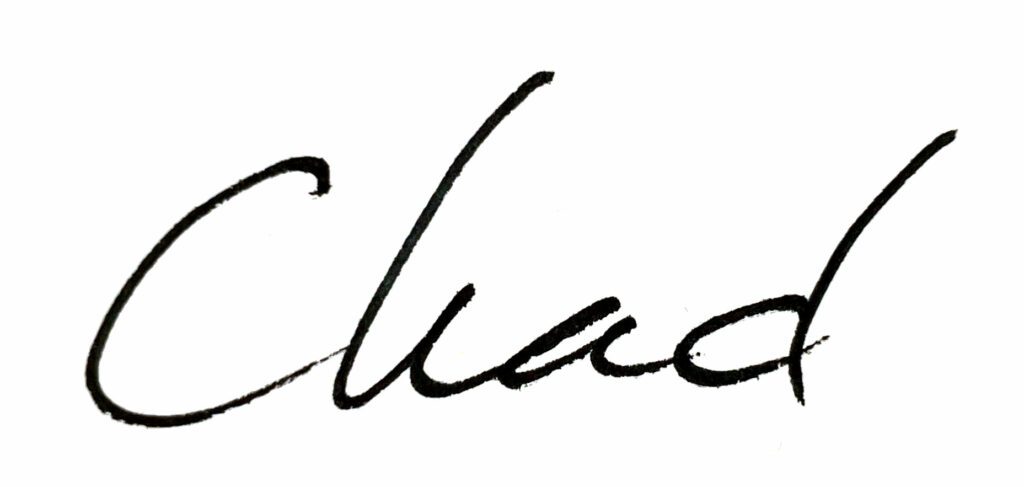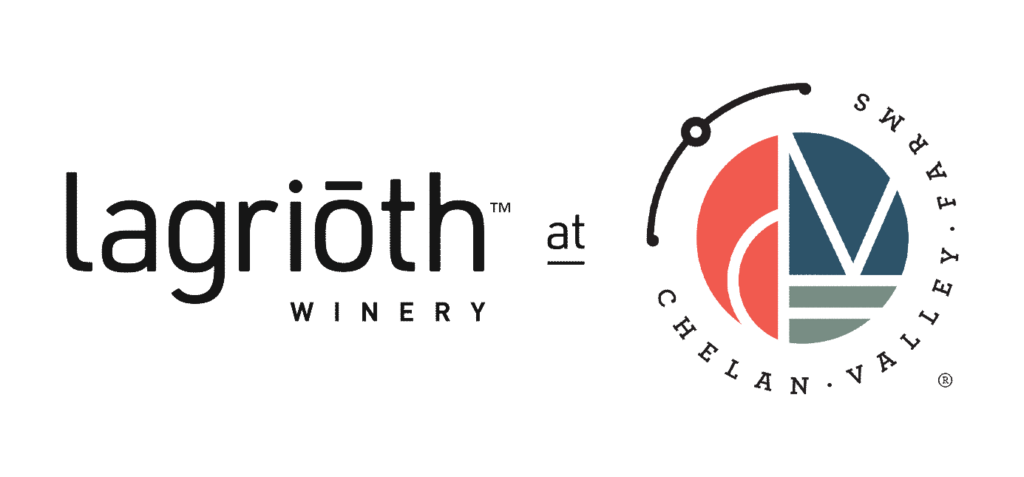How do we sort through what we can or can’t eat or drink? Certification’s for farmers are a great way to ensure you’re supporting a standard that’s been 3rd party verified!
by Chad Steiner
Consider this context… what is safe to eat, drink or put “on” your body today? I don’t know about you, but it can be overwhelming AND frustrating hearing about the number of things we should avoid. Forget the red dye, we’re left trying to avoid processed food or 28 ingredient bread or wonder what amount of alcohol is ok or wow – the lotion you love has hormone disruptors in it. Ultimately, ultimately, our goal is nutrient dense food. How does this relate to Sustainable WA™? And more importantly, why should you care about what I’ll share in this blog? I’ve spent my career in agriculture around the world – corporate guy. Since hearing about “Regenerative” Agriculture on Gwyneth Paltrow’s “Goop” Podcast seven years ago (hey, one of our best friends recommended it – boy was she onto something) – I’ve been absolutely inspired. Let me help try and boil this down… otherwise, it feels like those “sustainability” words don’t mean anything other than stimulating an eye roll.
If our food isn’t grown sustainably or lacks nutrition, then how do you find the sustainable nutrient dense option? How Jeana and I are thinking about these “certifications” is linearly, or in order like 1st, 2nd, 3rd and 4th. Sustainable WA™ is focused solely on wine grapes. Salmon Safe, Organic and Regenerative are or can be whole farm. Please soak in how holistic Sustainable WA™ is as a 1st step or foundational step. Why is this all important? Understanding more about these platforms can inform your food and wine choices. Goal = sustainably grown nutrient dense food. Plus, naturally healthy grapes make amazing wine.
Why understanding farming certification programs can be helpful:
- If your goal is whole nutrient dense foods.
- Finding trusted rigorous 3rd party farm certifications improve the odds your food is produced in a way to maximize its nutrient quality.
- If it’s important to you to know your food is produced in a sustainable environmentally friendly way.
- If you’d prefer food without synthetic fertilizer or pesticide.
Sustainable WA™ in a nutshell (CVF vineyard certified in 2023):
- In Chad’s words – this program is very comprehensive, it is NOT just farming practices, it’s also banking, financial record keeping, site planning, varietal choice and much more. For some growers, they’re already doing these things. For small growers like us, it helped up our game. Either way, supporting vineyards with this certification helps ensure we’re working together as a WA Wine INDUSTRY to differentiate ourselves with uniform standards. Wines from these vineyards undergo intense 3rd party audits (1st hand experience) – you bet it’ll shine through.
- A program built for Washington State wine grape growers. A partnership between the Washington Wine Commission, Washington Winegrowers, Washington Wine Industry Foundation and the Washington Wine Institute.
- Sustainable WA™ is built on the 3 pillars of sustainability: environmentally sound, socially equitable, and economically viable. There are 9 areas with about 10 standards each requiring documentation.
Salmon Safe in a nutshell (CVF whole farm, including vineyard certified in 2024):
- In Chad’s words – their standards keep us on our toes regarding what’s being applied. The goal is to do no harm to our surrounding area, especially via runoff or erosion and focus on biodiversity.
- Right from their website: Salmon-Safe works with West Coast farmers, developers, and other environmentally innovative landowners to reduce watershed impacts through rigorous third-party verified certification.
- Standards include management practices in six primary areas: riparian area management, water use management, erosion and sediment control, integrated pest management and water quality protection, animal management, and biodiversity conservation.
- An independent organization using 3rd party rigorous verification.
Organic in a nutshell (CVF whole farm in 3rd year farming organically):
- In Chad’s words – I am proud to have worked for the largest pesticide company in the world. We need the tools they bring to market, and they’re focused on bringing organic options “at scale”. I wasn’t a fan of “organic” because I saw so many farms replace herbicides with tillage. Tillage is its own topic… essentially, tillage disturbs the complex network of life under the soil and increases the potential for soil loss. So why am I now a fan of farming organically? 1. The tools have dramatically improved, 2. We see how organic products can work in the farm ecosystem, e.g. compost feeds soil microbes, organic pesticides preserve beneficial insects.
- The USDA regulates the organic farming standards through the National Organic Program (NOP) and ensures farmers meet these strict standards through (enter again) strict 3rd party standards. Period.
- Are you looking for food free of synthetic pesticides or fertilizers (keep in mind there are definitely “organic” pesticides)? Are you looking for non-gmo?
Regenerative in a nutshell (CVF ultimate goal):
- In Chad’s words – focused on building soil and creating nutrient dense food. This is where the animals really come into play. This is one of the newest certifications and likely going to be one of the hardest to find in the grocery store. We think there is a ground swell of support for regenerative. It was a real “ah hah” moment for me. I described my reservations around organic on its own. Regenerative goes the distance. It really gets more into creating a whole farm ecosystem. Ecosystems are diverse and “naturally” healthy. Healthy ecosystems have the ability to create nutrient dense food. And animals, well, holy cow, incorporating animals INTO the farming system is magic.
- Right from the Regenerative Organic Alliance website: We imagine a world in which farmers, brands, policymakers, educators, researchers and individuals come together to create a healthy food system that respects land, animals, empowers people, and restores communities and ecosystems through regenerative organic farming.
Lastly – “Distance”. Consider the distance your food has travelled. Food isn’t meant to last forever. Most fresh produce, once harvested has a time clock on nutrition – it loses nutrition the older it gets. Same with other foods like wheat flour – fresher = better. The take home here is to consider how far your food has to travel, it matters.
In conclusion… did I make it easier? Gosh, I had the idea in my head to simplify these topics and provide a clearer picture. There’s a lot to them. I guess it’s important these standards aren’t a box checking exercises. And as you can see – they all provide something a bit different. We’re super passionate about these topics. We personally struggle sometimes to put aside the convenience of some foods or going the extra mile to get something locally. Seeing examples of what’s possible with these standards is inspiring. One thing I didn’t mention was capturing carbon – I wrote enough about that recently. If you didn’t read that one – take home: regenerative farming = huge opportunity to capture carbon. Thank you for your support. We’re doing our best to make our small farm Sustainable AND the food and wine you purchase from us nutrient dense. Please hang with us – we’re going to figure this out. And figure out how to say it more simply over time.
Cheers,





Thanks Chad, you really did helpmex0laim those terms that are sometimes thrown around without explanation.
Ken!!! Thanks so much! I feel like it helps to explain it, then explain again to help boil some of these topics down.
Thank you Chad! I look forward to hearing more about organic farming!
Super excited to share more! Thanks Lauri!!
I just read this Chad and it makes a lot of sense. I can’t tell you how proud and impressed I am with you, your family, and all that you’ve accomplished. Keep pushing on!!!
Aunt Wendy! Thanks!! Means a lot! Really appreciate it. We’re “in it” and loving it.
Thank you Chad for this breakdown!
We really appreciate all that you and your family are doing to make this world a better place for our children and grands❤️ May God Bless you all!!
Thank you so much!! We really appreciate the kind words and support! Thank you guys!